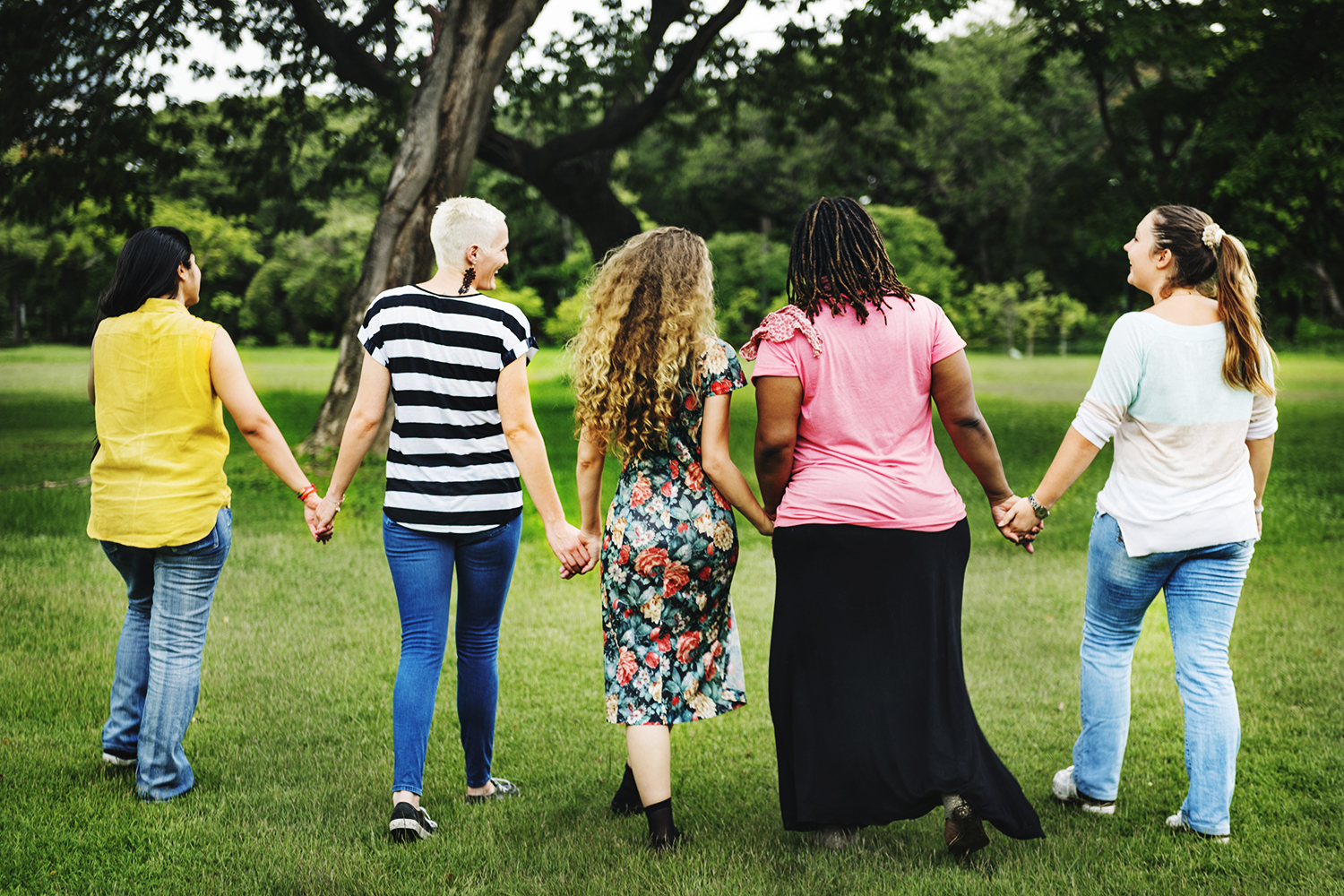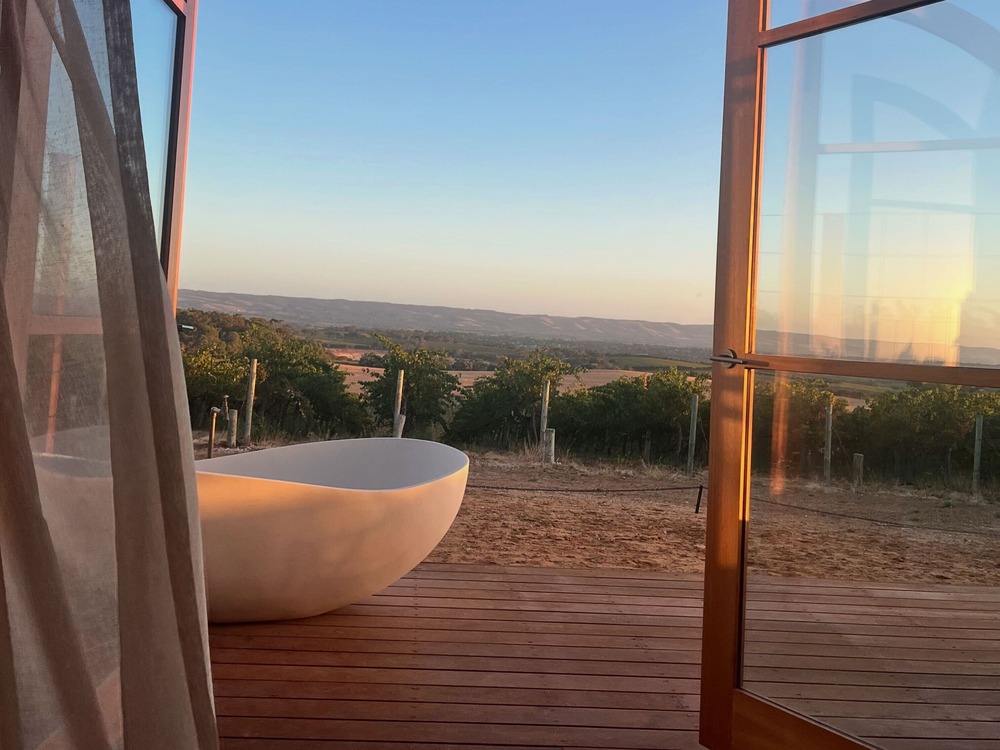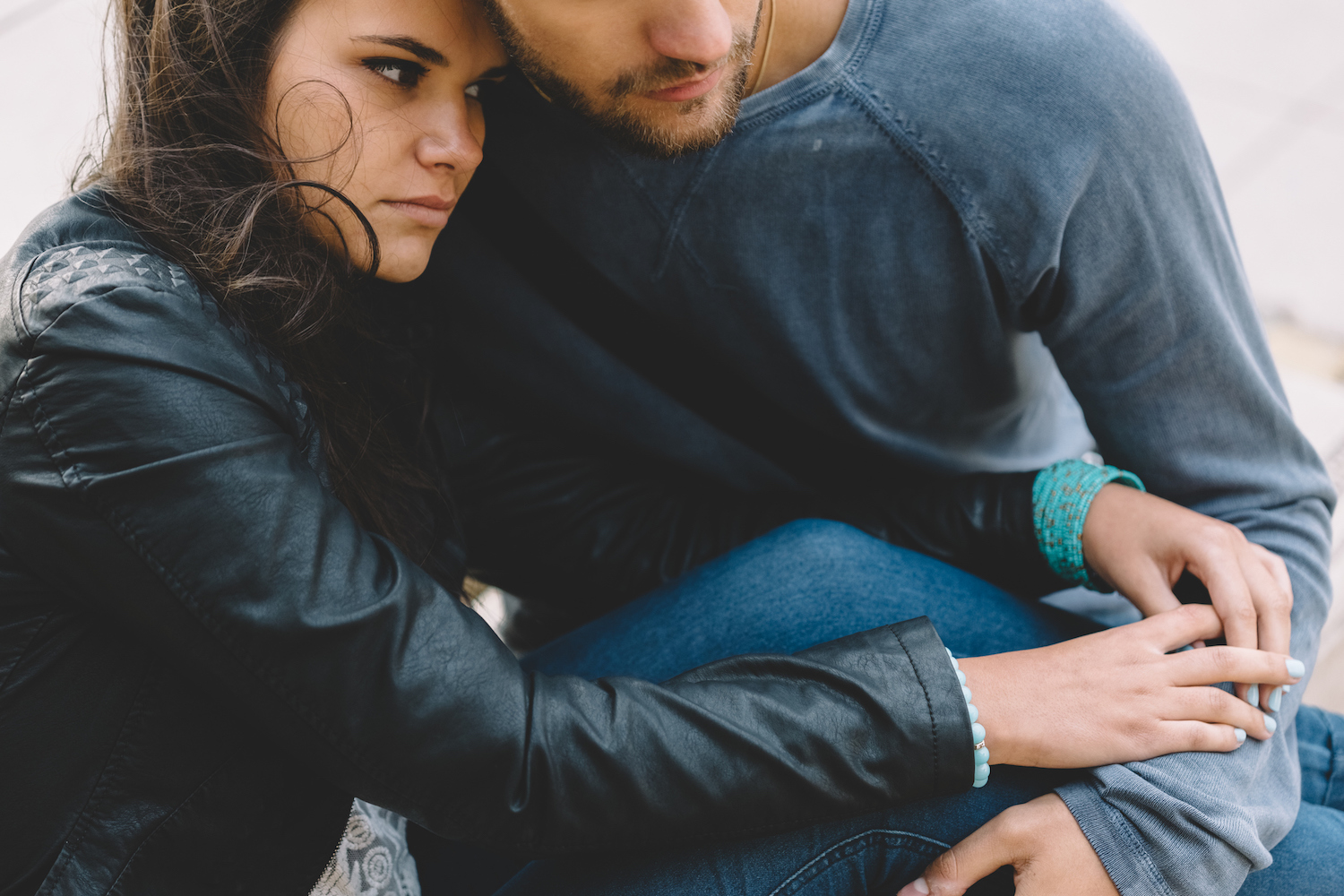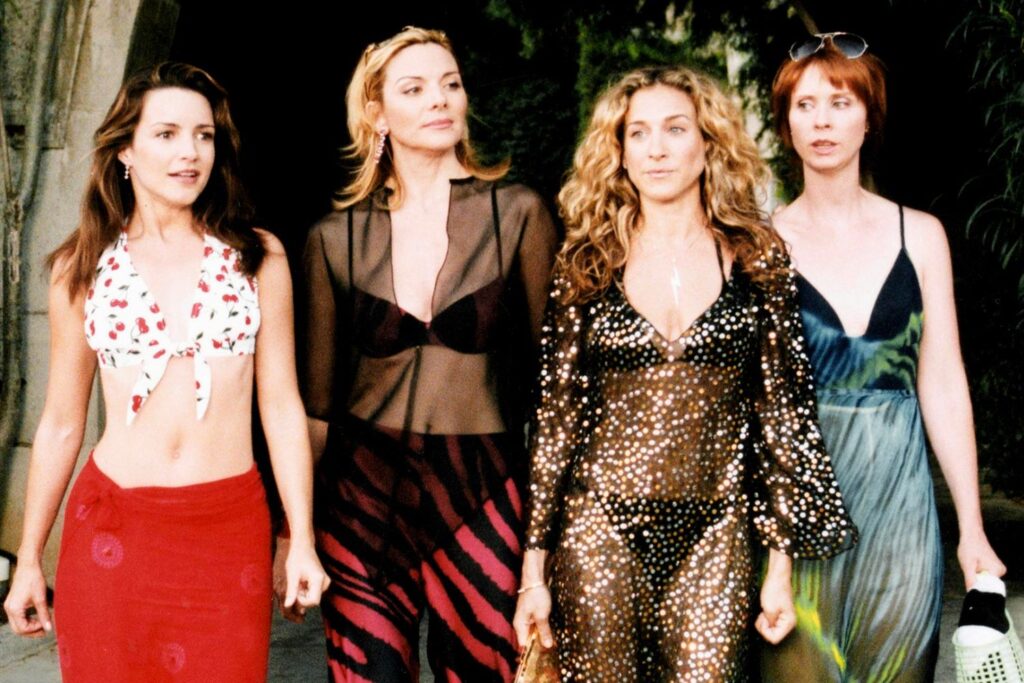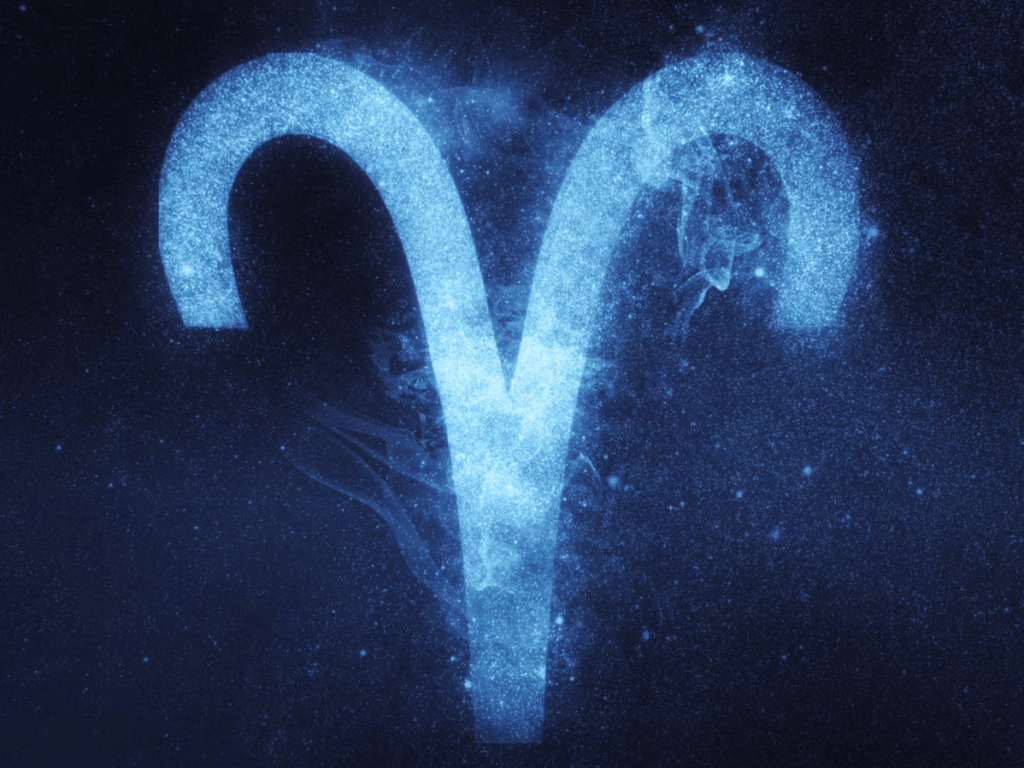In Australia, 1 in 5 women experience perinatal anxiety or depression and 1 in 10 new or expectant dads experience depression after the birth of a child. These numbers are increasing in the aftermath of the Covid-19 pandemic. Parents are facing mental and physical struggles in caring for new babies without enough support.
New data from leading mental health organisation, Perinatal Anxiety & Depression Australia (PANDA), has shown that perinatal depression and anxiety has risen dramatically since covid. Demand for perinatal mental health support increased by 45% during the pandemic. After the easing of restrictions and the end of lockdowns, this number was expected to drop significantly. Instead, the new data shows that not only has demand failed to return to pre-covid levels, it has actually increased even further in the last 12 months.
In addition to increased callers to its national Helpline, more than 30,000 Australians completed PANDA’s online mental health checklist over the past 12 months, which was slightly higher than the number that completed the checklist in 2020-21.
“Parents are experiencing a range of challenges around cost of living, economic factors and global events at a time when they are vulnerable and are often quietly trying to manage anxiety, depression or other perinatal mental health issues,” explains PANDA CEO Julie Borninkhof. “Of the callers to PANDA’s Helpline, 63 per cent had not even spoken to their partner about how they felt, while 83 per cent had not consulted a doctor or health professional.”
A number of new mums and dads who have experienced the debilitating impacts of anxiety and depression are also bravely speaking out to encourage other parents who may be struggling to seek support. Read their stories below.
Jo Atkinson, WA: “Build your village of support.”
I wish I’d known that so much of what I experienced was ‘normal’ to an extent. I thought there was something wrong with me and that I just wasn’t a good mother. I thought my “mothering instinct” would kick in as soon as my babies were born and I’d just know how to do “mothering”.
But I have since learned that this is just not how it works! I now understand that there’s no magic “mother” switch that goes on when we become mothers, but instead that we learn how to mother our children as we spend time with them and get to know each other and that this is a process – a transition into becoming a mother (Matresence), not an instant “knowing”.
My advice is to build your village of support – that might be friends or family, talking to your partner about how you feel and what you need, joining a mothers group, having a GP you trust, finding a psychologist you click with to walk you through the tough times or calling the helplines available.
“Words create worlds, when we have a lack of language and don’t know how to articulate our experience and put into words what we are feeling, it makes the process incredibly difficult. We need words to heal.” – DR AURELIE ATHAN
You can read Jen’s full story here.
Gen Whitlam, NSW: “I was experiencing paranoia, delusions and hallucinations.”
I’m a 40-year-old cisgender lesbian and a registered psychologist. I’ve been with my partner for 12 years and we have two beautiful sons, Archie and Arlo. We had always planned on having two children, and ideally both wanted a chance to carry a child.
My partner Lizz carried our first son, and I carried our second son. I was aware of postnatal depression and anxiety but understood very little about postnatal psychosis. I had considered myself pretty low risk for all postnatal mental illness because I had no prior mental health issues, had a supportive partner and family and this was our second child.
I very quickly learned that postnatal mental health issues can happen to anyone.
My pregnancy was smooth, with no morning sickness and no major complications.
I began to feel increasingly anxious as my pregnancy progressed. We were living in Sydney through the worst fire season in history. The city was blanketed in smoke for most of the summer and I had increasing concerns about the impact of this smoke on our unborn baby.
I had planned to end work one month before the due date, but my waters broke the night before my last day at work. I literally gave birth as my colleagues were eating at my farewell lunch.
The birth was relatively smooth and uncomplicated. Arlo came out healthy and crying – he was beautiful. He required two nights in the Special Care Unit for jaundice but we were not overly concerned.
Soon after giving birth I developed mastitis. Despite the pain, swelling and redness in both breasts, I continued trying to breastfeed. On day four the pain became unbearable and I presented to the emergency department. The doctor advised me I had mild mastitis. I was admitted for 36 hours on intravenous antibiotics and discharged with oral antibiotics.
Shortly after this, my partner and I went to purchase a breastfeeding chair. This was January 2020 and media reporting of Coronavirus was increasing. As we were shopping, I noticed a couple of people wearing masks and was convinced they had Coronavirus. I was terrified. I began telling Lizz that everything was infected with Coronavirus – the tables, even the giant teddy bear we purchased. I insisted we leave, and on the drive home I spiked a temperature. At home I began to rapidly deteriorate. I returned to the emergency department.
I was experiencing sepsis, a life-threatening response to infection. While in emergency, my paranoia intensified. I thought the light above me was a camera with a direct feed to the authorities who were monitoring me for Coronavirus. I lost track of time, and I was confused, delusional and paranoid. Eventually I was transferred to an isolation room in the maternity ward for ongoing treatment of the infection, which is where my mental health rapidly deteriorated.
Lizz noticed some red flags in my mental health and requested a psychiatry review. Shortly after, Lizz told me the doctors treating me suspected I had postnatal psychosis. I was absolutely shocked by her comment and immediately felt anger, disbelief and shame.
I was experiencing paranoia, delusions and hallucinations. These thoughts and feelings were my reality – no one could convince me otherwise.
I believe it took me several weeks to start to accept my diagnosis. And even then, I didn’t really believe it for several months.
I was admitted to the Mother and Baby Unit and was reunited with Arlo. I had been separated from him for the first four weeks of my hospitalisation because I was too unwell to care for him. The Mother and Baby Unit is where I was able to take the time to get to know him and build up my confidence to care for him. I also connected with other mums who, whilst didn’t necessarily have a similar experience to me, understood the challenges of postnatal mental illness.
I was scared when I was prescribed anti-psychotics. However, I believe as the medication started to work and I began to take on board advice from the mental health staff, I started to improve. I focused on mindfulness, tried to exercise (as best as I could in the facility) and listened to music.
This unit provided me the space, time and support to enable me to care for Arlo back at home.
When back at home, I was supported by the Perinatal and Infant Community Mental Health Team for another six months. This was critical for me as we headed into the unknowns of lockdowns.
Lizz became a sole parent and my carer and advocate for the time that I was hospitalised. Then I was thrown into parenting a 5-year-old and newborn post-discharge. I was isolated in Sydney’s first lockdown while Lizz, who is a mental health nurse, was required at the hospital.
Along my journey I was able to talk to my partner and community support team about what I needed to continue my recovery. Given we were in lockdown there were limited opportunities for connection with other new parents, friends and family. This was extremely challenging for me.
However, I maintained a focus on daily walks, trying to connect with friends virtually, and we would occasionally invite my parents, who lived within the 5km Coronavirus lockdown radius, to chat across the front picket fence. This meant that support for me was found in non-traditional ways.
I think importantly for me, my workplace was extremely supportive. I was able to speak openly with my employer about the experience I had. And they supported me back to work after 14 months, which was a huge step for me.
Now, I’m very aware of my red flags and have open conversations with my partner if I am concerned.
I know it sounds cliche, but things can and will get better. If you notice your partner saying strange things or behaving out of character after giving birth – please speak to your doctor or an organisation like PANDA for advice. Postnatal psychosis is a serious mental illness – however, with early intervention and with the right supports, you can and will recover.
I’m now back at work four days per week and consider myself fully recovered and a passionate advocate. Lizz works full-time and has been my rock and confidante through it all. Archie and Arlo are happy, content, kind and healthy kids. We consider ourselves so lucky.
Monique Darcy Booth, WA: “I was anxious 24 hours a day.”
My name is Monique. I was adopted at 6 weeks old, and because of this, I’ve never felt like I fit in anywhere. I didn’t look like anyone else in the family and I didn’t know anything about my background. I always yearned to have my own family, but I knew from 18 I would need to have IVF as I was diagnosed with Graves’ disease and cancerous thyroid nodules which required radiation. I was told then that if I wanted to have kids, to have them soon. This was really shocking and confusing as I was in first year university, and I didn’t even have a boyfriend.
I met the love of my life when I was 33 and he was 25. We have been together for more than 10 years. Even though my partner was much younger than me, we were so happy and sure that we wanted to be together and wanted a family. He agreed to start IVF after we spent two years travelling and having fun. We did seven rounds which was not only an emotional rollercoaster for both of us, but it was also very isolating as I felt no one really understood how hard the journey was.
Looking back, it was exhausting, but our relationship flourished, and we were a great support team throughout it all. On our last round of IVF, we miraculously got pregnant and stayed pregnant and had our gorgeous son.
This is where I thought the story would end, with our happily ever after. However, the next two years brought unexpected challenges which affected everything, our relationship, us as people and everything in between.
I was extremely anxious throughout the pregnancy. I had experienced so many miscarriages through IVF that when I was finally pregnant, I was just trying to hang in there.
Towards the end of the pregnancy my anxiety got worse. My doctor was very understanding, but I wish he had picked up on my anxiety and helped me put mental health support in place for after the birth.
I have always loved kids and had a lot to do with the care of my nieces and nephews. I honestly thought I was going to be a natural mother.
When our son was born, he was rushed to the NICU with an extreme blood sugar drop and he was in there for 5 days, so the whole time in hospital after my caesarean we were separated from our baby. I tried my best to breastfeed, but it was difficult. Our baby was constantly crying and losing weight. We had to top him up with formula, which made me feel like a failure. After 12 weeks of my baby constantly screaming, legs arching, back arched and refusing my breast, we learned that he had Cow’s Milk Protein Allergy (CMPA) and silent reflux. The gastroenterologist told us we needed to put him on an amino acid prescription-only formula which would heal his gut and oesophagus, but I couldn’t accept that our breastfeeding journey was over. I saw a paediatric dietician who recommended I eliminate dairy from my diet. I just couldn’t believe that I couldn’t breastfeed my son and this caused a big disconnect for me as I thought, “I can’t even do this right, I’m a terrible mum”. I was gutted.
After eliminating dairy from my diet, it then became soy, and I was eating almost nothing. All I was doing was feeding. For 12 weeks, I hardly left the chair in my living room. Because of our son’s silent reflux, he wasn’t tolerating lying down, so we sat on a rocking chair and held him upright 24 hours a day.
My dad and my mother-in-law would take turns helping me, as I was so paranoid about SIDS and accidently suffocating him because I might fall asleep.
Once again, this was not really the idealised view I had of becoming a mum. I was so in love with my baby, but I started to worry about getting depressed from being inside all day, not going out and walking along the beach with my new pram, meeting mums for breakfast, reading the paper while my baby slept; all the things I had imagined.
Then in April 2018, my dad died and my world fell to pieces. For my son’s sake, and in a kind of adrenaline-induced shock I held it together until May, when the maternal child health nurse sent us to our GP as she noticed that our son’s head was very large. The doctor said not to worry, and she sent us for a scan. A week later after she rang us to come in. I knew straight away from the look on her face that she had bad news. I said to her “Please don’t tell me they found anything as I think this would be the final straw for me”. She hesitated and told me that he did have macrocephaly and at this stage they weren’t sure if it was benign or due to a tumour. I was in complete shock.
The condition was one in which if benign the fluid in his brain will reabsorb from the age of two when he has matured. This meant for the next 14 months we would be unsure if he had a tumour. My GP said this is the first case of Benign Enlargement of Subarachnoid Space (BESS) that she had seen in her 30+ years so she couldn’t answer my question on how it usually turned out with other people she had treated, because she hadn’t treated any. She told me we had to watch for hydrocephaly and pressure on the brain, so now I had to be even more alert, vigilant and paranoid looking for signs of him having too much pressure on his brain. We were referred to a paediatric neurosurgeon, which was just the next thing to worry about in an already exhausting list for my brain.
After this I deteriorated quickly. I started ruminating about losing my baby, then I worried about something happening to me and our son not having a Mum. I was anxious 24 hours a day.
Then the intrusive thoughts started happening. I was too scared to tell anyone about them. I went to the shop one day to buy a present for a friend and that is where my first panic attack happened. I thought I was having a heart attack. They then started occurring multiple times a day with no obvious trigger. I was in constant “fight or flight” mode. I no longer felt safe to be around my baby or even on my own, as I felt so out of control. I was worried I may kill myself, not that I wanted to, but because I felt I might lose control and somehow snap and do it.
This was terrifying and confusing, because I was not at all suicidal. I went to my doctor, and she said it was normal to have grief about my dad and I just needed time. I must have gone to her about five times before she really took me seriously. I was finally admitted to a Mother Baby Unit after seeing multiple doctors and turning up at emergency departments and just sitting there, because I felt if I was going to die, they could help me.
I was in a Mother Baby Unit for 6 weeks, where I was diagnosed with panic disorder and postnatal OCD. I was medicated, which really helped, along with being amongst amazing nurses and other mums who were struggling too. They are now lifelong friends. Unfortunately, when I got home, things were just as bad with my OCD., I was scared to be home, and wanted to be back in hospital where I felt safe. I My world had turned upside down. I was admitted to a psychiatric hospital without my son for 3 months for more help with my OCD and intrusive thoughts. I was begging to be away from my baby as I still believed I was danger to him, even though everyone around me was not concerned about his safety.
I was fighting my own brain for more than two years, trying to get better and get back to my family.
I knew I needed help from the beginning. I was told later by psychologists, psychiatrists, nurses, friends and family that I presented very well. This made me angry because that’s obviously a coping mechanism I had from childhood, being adopted. This is something I have realised through the intense therapy I have been through since experiencing perinatal mental ill health.
I really wish health and care professionals had listened to my words and the things I was saying, not just judged me based on me being able to make eye contact and being dressed appropriately. I reached out for help in every way I could, but it took me a long time to find the help and support I needed.
There are so many things that I’d love to say to a parent who is struggling.
Reaching out for help is not a sign of weakness, it’s putting yourself and your child first. It’s the first step in your recovery.
Recovery is not straight up; it has lots of bumps along the way.
When you reach out and you don’t get the support you think you need, speak up, stand up for yourself, use your voice.
Don’t be embarrassed, one day you will look back and realise what a warrior you are.
My life now is so rich, and it wouldn’t be like this had I not gone through everything I did. One of my favourite quotes told to me by a good friend right whilst I was in the thick of my illness is this Brene Brown quote- “One day you will tell your story of how you overcame what you went through, and it will be someone else’s survival guide.”
I live each day like this – talking to everyone, listening to them, giving them time, building them up. I always tell them how amazing they are and that they are doing a great job. I love making mums feel good. We are an amazing tribe.
Owen Symes, SA: “I felt utterly useless and helpless.”
I’m 37 years old and moved to Adelaide from New Zealand 6 years ago to be with my (now) wife. In 2019, our daughter was born. My wife had pre-diagnosed anxiety/depression. This flared up and peaked after our daughter was born. Our little girl was healthy in every way, but my wife really struggled over the next 6-9 months.
Usually for new parents the nights are the hardest part, but for me it was going to work in the morning. Every day was extremely stressful – for my wife who was home with our new baby and for me because was trying to reassure her over the phone while working an hour away. I began to dread every text that arrived because I was confused and uncertain about what to say or do to help.
My expectations of parenthood largely lined up with the reality we faced. It was learning how I could best support my wife that was surprising and difficult. I felt frustrated and useless that despite doing everything in my power I still could not make things better for my family.
I realised I needed to learn how to communicate better with my wife. I didn’t know what to say or do to help. Initially I just flipped straight into the “problem-solving” mode and tried to suggest ways for her to fix these things, but that wasn’t what she needed. I found it difficult to understand that. Usually, it was merely needing to be listened to (which I found intensely frustrating).
I was receiving tired, exasperated messages from my wife while I was at work, and I just had no idea what to say. I felt utterly useless and helpless.
Stressing about my family at home while I was at work during the day started taking a toll on my mental health. I felt like I couldn’t talk to my wife about it because I didn’t want to impact on her mental health. So, I got in touch with a men’s helpline to talk a few things through and researched some fatherhood websites for strategies. I took on as much housework as I could to take the load off my wife and called for backup: her mum and our CAFHS nurse.
It didn’t improve right away, but at least I felt like I had made things slightly easier for us and that I was in control of the situation a little more. Slowly, by the time our daughter was 9 months old we started finding a rhythm and things got better. We saw a family counsellor and learned to communicate with each other better.
We each take turns taking our daughter out which gives the other some time alone to do whatever they like – some breathing room. And we each have hobbies/side projects that we like to work on.
My message for other parents: Make sure your expectations are realistic – I think (suspect, at least) that the first 6-9 months of parenthood is hard on everyone. But also make sure you have a support group. Don’t be afraid to “call in for reinforcements”. Your parents, in-laws, or GP might be able to help. Even merely as someone to talk to and offload the mental burden. This is not falling short – it’s stepping up!
If you or someone you love needs support:
– PANDA Helpline on 1300 726 306 (9am-7:30pm Monday-Saturday) or panda.org.au
– Lifeline: 13 11 14 (24/7) or lifeline.org.au

